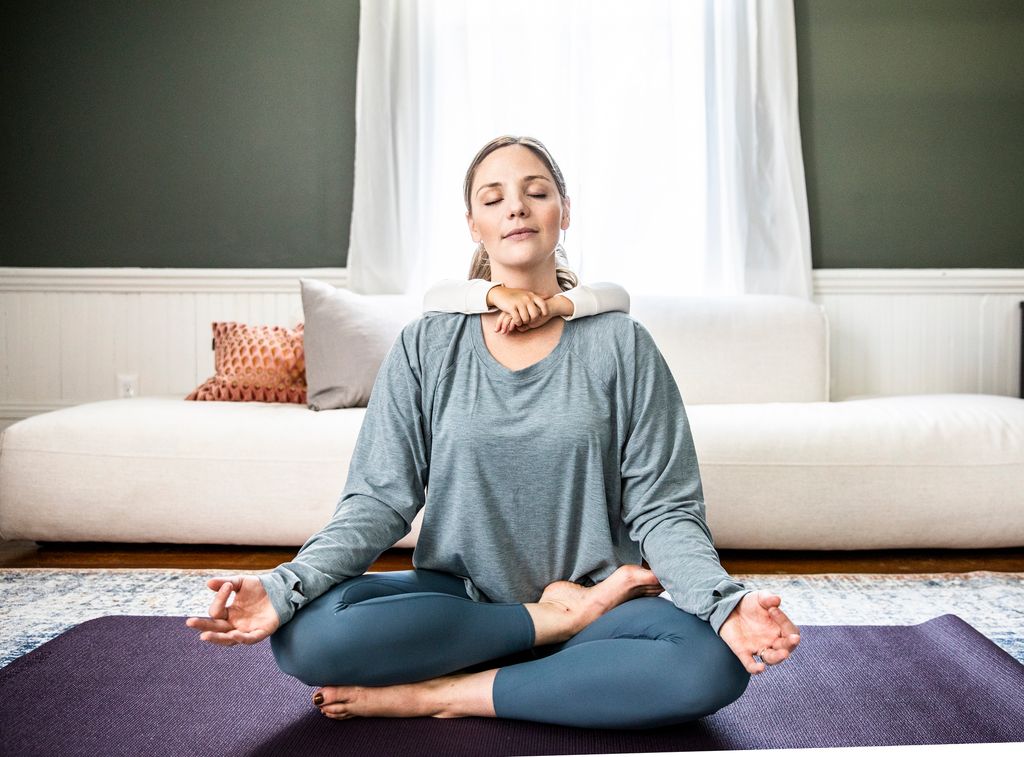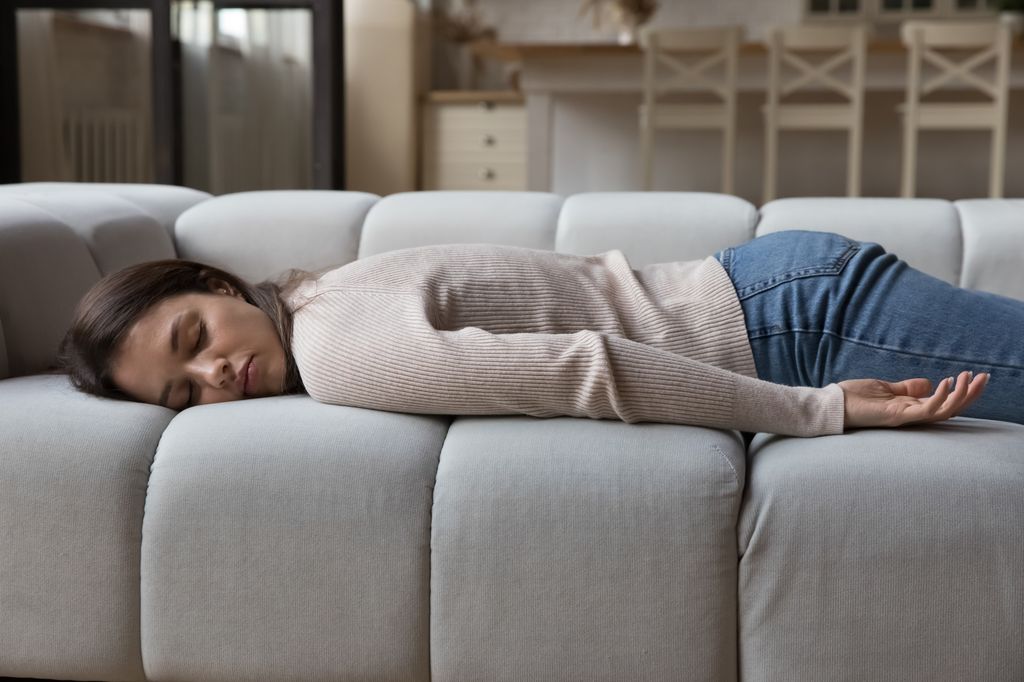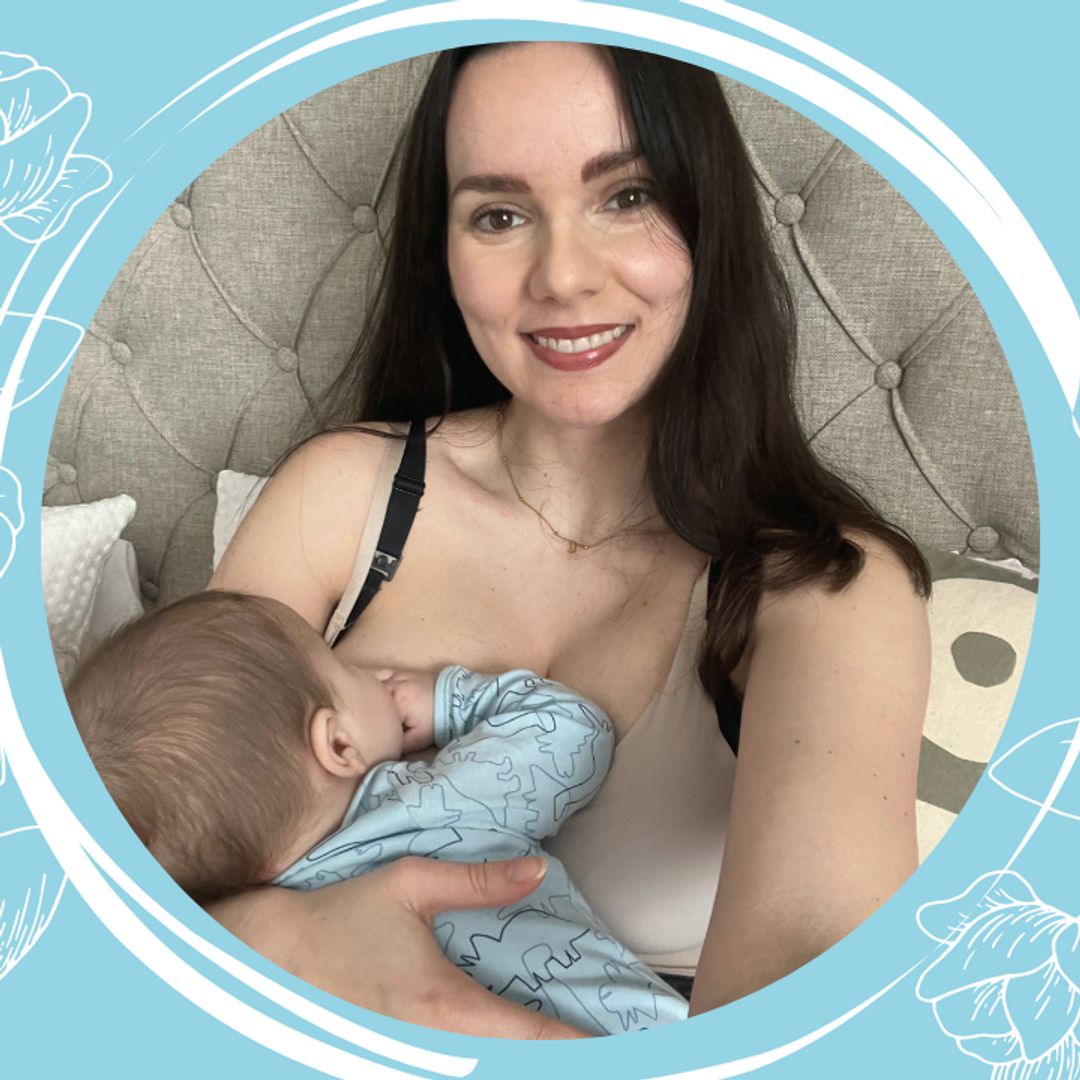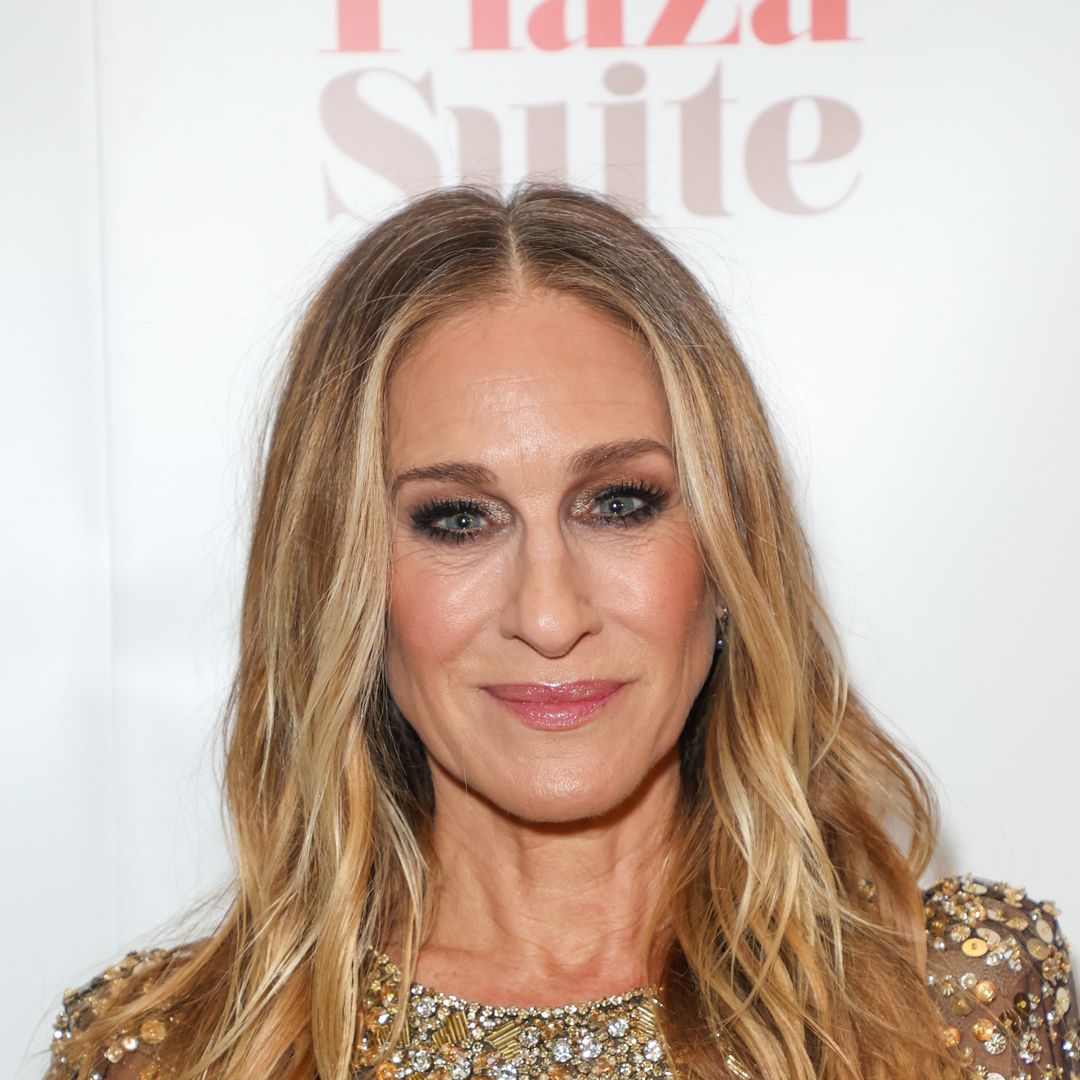It's Parent Mental Health Day on 27 January – a day that aims to shine a light on the importance of parent mental health and balance within our lives and families.
The day was established by the charity stem4, which supports teenagers and young adults to build positive mental health.
This Parent Mental Health Day, mental health expert and psychotherapist Noel McDermott looks at 'long haul parenting' and helps parents maximise their family’s mental health. Read his advice below…
Mental health maintenance
Most advice about mental health tends really to be about mental ill health, how to spot it and how to deal with it, so when the crisis happens.
All of that is helpful, but the gold standard in psychological circles is about prevention of crisis or reduction of severity and longevity when distress hits and building resilience to life’s knocks.
Most people will experience psychological distress in life, what could be called mental ill health. It is so prevalent that we should see it more as the norm and planning to manage those periods when things get bumpy psychologically makes sense.
So, using the metaphor of a long-haul flight let's look at the gold standard, evidence-based thinking around dealing with psychological distress. In this metaphor clearly the bumpy bit of life in the flight is when we hit turbulence, but more of that later.
As the captain of the plane, you are responsible for making sure the plane, crew and passengers are ready for the flight ahead. You don’t just jump into the cockpit and start up the engines at full throttle roaring down the runway oblivious of folk falling out of the still open doors!
The four pillars of mental health
First and foremost is healthy body, healthy mind.
By this, we don’t mean you have to be a top-class athlete, but by far the single biggest improvement you can make in your health and wellbeing is regular exercise, and having an active life.
Our bodies haven’t changed since Stone Age times much, even though our culture has.
Loss of regular activity has caused significant mental health and physical health problems. Aim for exercise or activity at least three times a week for 20 minutes each time that raises your heartbeat enough to sweat. The evidence is this will improve your health outcomes hugely.
When you hit troubles, keeping up physical activity often falls away, but should be the thing you keep. Exercise is a stand-alone treatment for depression as well as being attached to psychological therapy such as CBT.
Exercise is a pillar one of four and the other three pillars of your mental health are:
- Rest and relaxation (or stress management)
- Healthy diet
- Sleep
All those things your mum told you to do as a kid are in fact evidence-based to keep you psychologically healthy.
Stress management is fundamental, and the emphasis is on managing the stress that inevitably comes your way. You need to make sure there are enough bolts on those door lugs so that at altitude they don’t blow out!
Scanning your body for signs of stress and managing it at the early stages through simple breathing and relaxation techniques is hugely beneficial and very simple, akin to maintenance checks.
Cutting out processed foods improves your health and having a balance of 80-20 in favour of vegetables and fruit versus meat is essential to health and psychological health.
The REM cycles give the brain the opportunity to psychologically process the day’s events and categorise and store experience into memory. Without REM we quickly lose cognitive and psychological health. We learn in our sleep!
Adding to those [pillars] and expanding the metaphor is what we do in flight to keep ourselves resilient, and that is DOSE hormones (dopamine, oxytocin, serotonin, endorphins).
How that works is taking exercise as an example, we can DOSE up the endorphins it gives us by going outside and getting some serotonin from daylight. We can DOSE that up by exercising in a group and getting dopamine and oxytocin from the social contact.
Want to DOSE up the stress management? Join a mindfulness meditation group. Want to DOSE it again? Meditate with a group in the local park.
If we hit psychological turbulence
What do we do when we hit turbulence, the psychological seat belt?
Talk. Get it out of your head and share it in a relationship with someone else who cares about you.
As social animals communicating our distress and fears is the most important first line of psychological safety for us. It reaffirms our social nature, and we get reward hormones for social interaction that cancel out the stress ones.
Seeking help
But, if a life situation gets worse and there is a psychological emergency, what is the psychological equivalent of the oxygen mask dropping down?
The answer is knowledge and help. Know the signs of distress and surround yourself with people who will tell you that you need help. The signs are the same for us all:
- Sleep – not enough or too much
- Appetite – loss or gain
- Mood and outlook – sudden changes in either that last more than a few days
- Increased alcohol use
- Avoidance or isolation
- Cognitive issues or memory issues (can’t think straight, can’t keep track of your thoughts, stopping and losing track of what you were doing)
- Negative or self-harming thoughts about yourself
- Dysregulation, irritability, and increased arguments
If you get a mix of these, two or more that stay for a couple of weeks or are very severe then that’s the oxygen mask dropping down. You need to put it on by seeking professional help.
Go see your doctor and ask for a diagnosis and help. Or self-refer to the UK’s primary care psychological therapy service in the NHS for assessment, or ask a private therapist to assess. Don’t ignore the signs in yourself or a loved one.
Remember the safety briefing at the start of the flight? Put the mask on yourself first. If you can’t breathe you can’t do anything.
Mental health expert Noel McDermott is a psychotherapist and dramatherapist. His company Mental Health Works provides unique mental health services for the public and other organisations. See mentalhealthworks.net/











